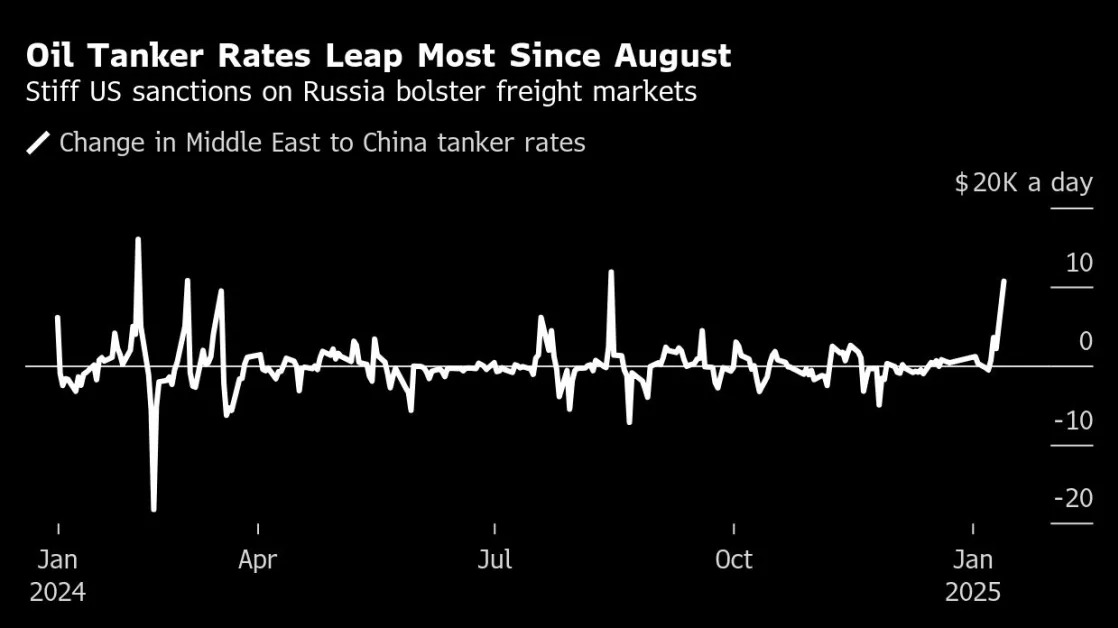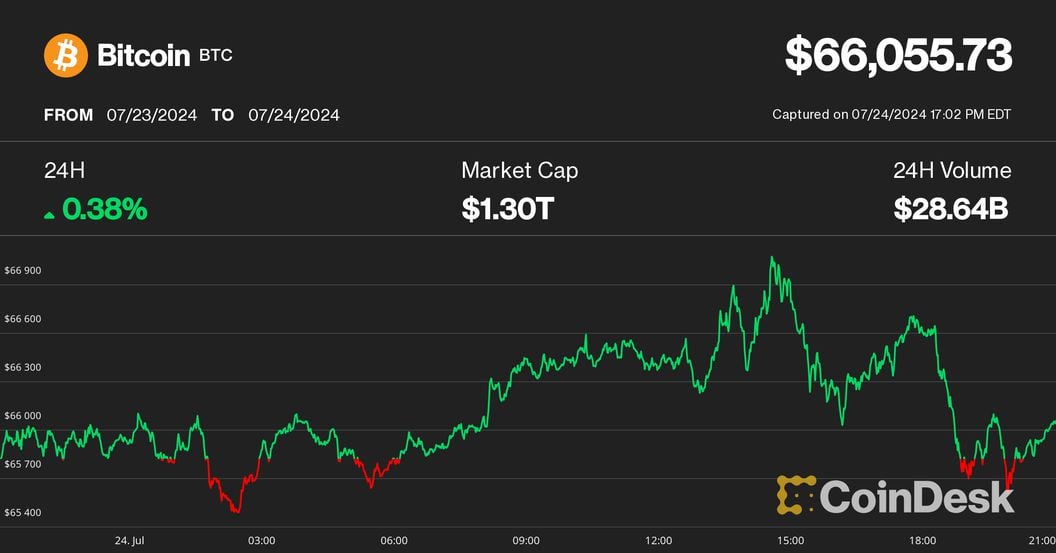(Bloomberg) -- Federal Reserve Bank of San Francisco President Mary Daly said policy needs to remain restrictive until there’s more progress on inflation, which she expects will continue declining over time.
“At this point, policy needs to remain restrictive until, from my vantage point, until I see that we are really continuing to make progress on inflation,” Daly said Tuesday in a question-and-answer session following a speech in Phoenix.
Fed officials left interest rates unchanged last month after lowering borrowing costs by a percentage point in late 2024. Fed Chair Jerome Powell and other officials, including Daly, have said they are not in a hurry to lower rates further as they wait for a moderation in inflation and more details about President Donald Trump’s plans for the economy.
Data released last week showed the consumer price index rose in January by the most since August 2023, with broad increases for a range of household expenses such as groceries, gas and housing.
The San Francisco Fed chief said she expects to see more improvement on inflation as interest rates continue to put downward pressure on the economy.
“There’s, in my mind, no reason to be discouraged about the progress on inflation today,” Daly said. “It just is going to take longer than anyone wants.”
Daly repeated her view that Fed officials should take their time in assessing the net impact of a raft of new policies being pursued by the Trump administration before adjusting monetary policy.
She also pushed back against the idea that waiting for clarity on the administration’s policies posed a risk for Fed policymakers.
“Even though there’s a lot of uncertainty and even though we’re not making a move right now, uncertainty is not paralysis,” Daly said. “We’re still actively investigating the data, thinking about where we’re heading. We just don’t have the answer right now.”
The comment followed a warning from Fed Governor Christopher Waller that officials should react to incoming data even when facing uncertainty over the economy.
“Waiting for economic uncertainty to dissipate is a recipe for policy paralysis,” Waller said Tuesday in Sydney.
(Updates with additional comments from eighth paragraph.)





